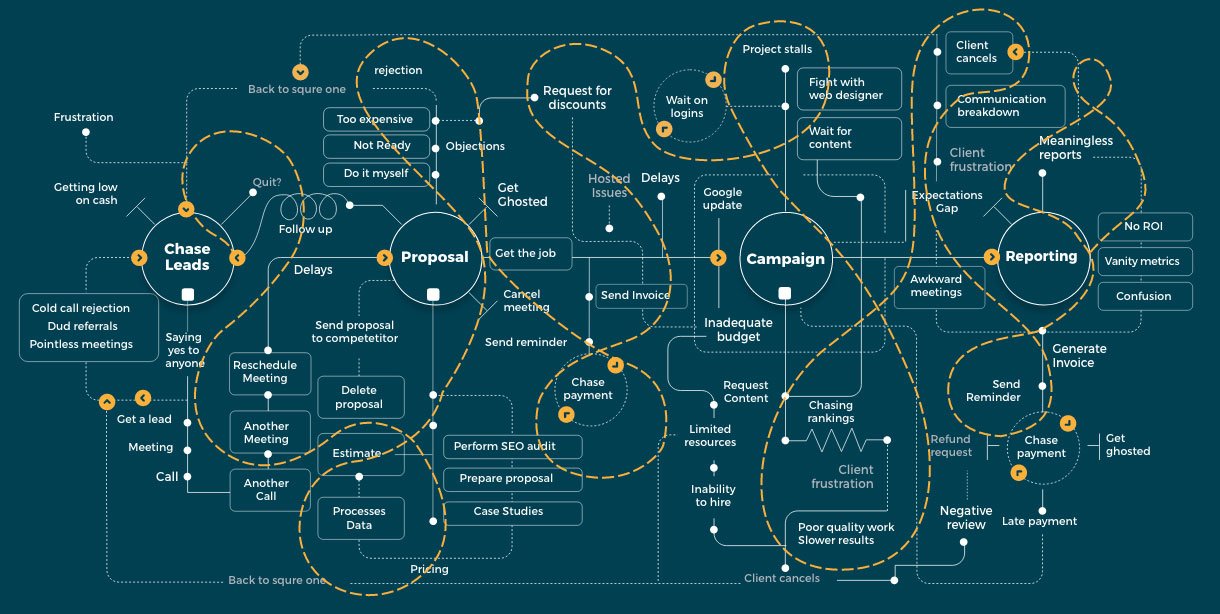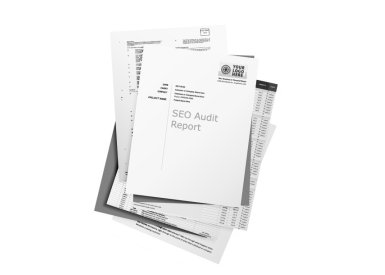Powerful Lead Gen & Sales Training for SEO Consultants
Bring the SEO provides lead gen and sales training for SEO consultants wanting to attract, close and retain high value, long term SEO clients.
- Get qualified leads consistently every single month
- Implement proven client acquisition systems
- Eliminate lead scarcity and maximize cashflow
132
MEMBERS
150+
VIDEO LESSONS
100%
5 STAR RATINGS

Recommended By






Sick and tired of not knowing where your next client is coming from?
Follow highly actionable step-by-step instructional videos that help guide you through the entire process of getting clients consistently every single month.
- How to get clients at scale
- How to prequalify leads
- How to pitch and close
- How to charge a premium
- How to demonstrate ROI
- How to maximize retention
- How to increase profits
- How to end lead scarcity
Try for a month and you will see that there is no other coaching program in the world that gives this much value.
Does your SEO agency look like this?

Stop mucking about. It's time to get serious.
Bring the SEO helps you attract, close and retain high ticket SEO clients without wasting time cold calling, cold emailing, creating time consuming content or direct messaging strangers on social media.

Bring the SEO helps you scale client acquisition the right way.
Fast track every aspect of client acquisition and sales
based upon proven strategies for success.
Attract and convert your most ideal clients
Scale your SEO agency to 7 figures and beyond using my proven, practical and truly scalable lead gen strategies.
Automate lead gen and eliminate manual outreach
Get clients without wasting time cold calling, cold emailing, or direct messaging strangers on social media.
Close new clients with total confidence
Pitch, sell and close with confidence using the provided sales scripts, document templates and training materials.
Four great reasons to enroll
Bring the SEO provides you with everything you need, including highly actionable training videos, live masterclasses, document templates, checklists, private community and weekly group coaching calls.

Actionable Training
Access highly actionable instructional videos that show you exactly what to do in order to start getting high paying clients today.

Document Templates
Dozens of ready made SEO document templates, contracts, checklists, spreadsheets, sales scripts, slide decks and more.

Private Community
Ask questions, create friendships, get help and build your network inside the private community full of other SEO professionals.

Group Coaching
Accelerate your progress with weekly group coaching calls to help keep you on track and accountable.
Watch this video to see what members are
saying about the SEO Accelerator program
Real People. Real Feedback
The following are a collection of reviews and feedback taken directly from the
private community where members have shared their experiences.











Ready to start closing high paying SEO clients?
Get immediate access to all the tools, training, resources and software required to atract your most ideal clients without wasting time on manual outreach.
- Access the training materials instantly, no waiting
- Get 24/7 support inside the private community
- Group coaching calls to help keep you on track and accountable


